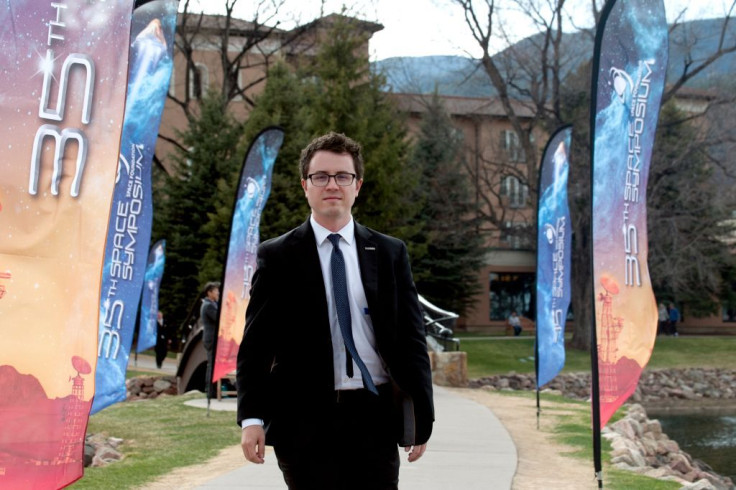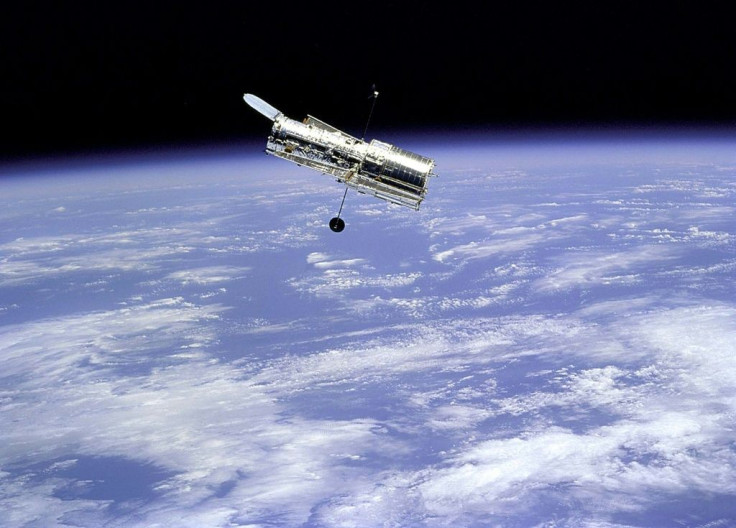Startup Relativity Space 3D Prints Rockets For Mars

Relativity Space is targeting a new factory for building rockets, and it's not in another city, state or country, but on another planet -- Mars.
The LA-based startup that recently secured a $140 million Series C funding laid out a plan for how rockets can be set up from the Red Planet, and that is through the help of robots.
With their printer's artificial intelligence that can recognize mistakes and correct itself, CEO Tim Ellis, a former Blue Origin engineer, envisages that that's what it takes to print rockets out of planet Earth.
"To print stuff on Mars you need a system that can adapt to very uncertain conditions. So we're building an algorithm framework that we think will actually be transferable to printing on other planets," Ellis told Wired.
Why Mars?
Ellis believes that 3D-printed rockets would lead to further exploration of Mars. The rockets will serve as a vessel for transporting equipment to and within Mars and bringing back samples to Earth.
"Relativity was founded with the long term vision of 3D printing the first rocket made on Mars and expanding the possibilities for human experience in our lifetime," said Ellis.
Terran-1
In its factory in Los Angeles, Relativity Space keeps a massive 30-foot tall 3D metal printer that they call Stargate, and its primary function is to build 95% (by mass) of Terran-1, the company's first rocket.
But there's a certain uniqueness for how Terran-1 will differ from other rockets: its size will put it in the category of above-average smallsat launchers, but its payload is comparable to SpaceX's Falcon 9. As claimed by Ellis, the time to build Terran-1 will take only 60 days.
Making this possible is the fewer parts that Terran-1 will have as opposed to other rockets, which they estimate is 100 times fewer. However, the company's first rocket isn't assembled yet, and they expect the first launch to be in 2021.
The funding the company received will be enough to get Terran-1 into orbit, according to Ellis. The funds they raised came from some well-known investors, including Mary Meeker, Lee Fixel, Michael Ovitz, Spencer Rascoff, Republic Labs, Y Combinator, Mark Cuban, and Jared Leto.

© Copyright IBTimes 2025. All rights reserved.





















